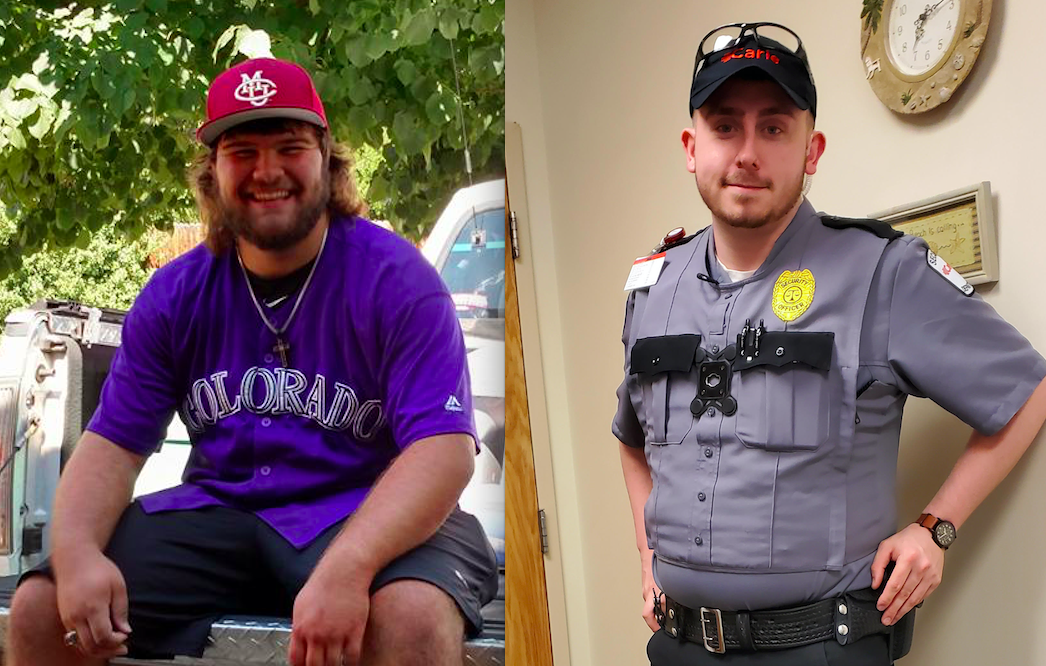
Courtesy of Lea Ann Lyster and Sarah Boyer
- Although older people are at higher risk of severe illness and death from COVID-19, the virus is killing young Americans in record numbers.
- Between March 1 and July 31, 12,000 more Americans between 25 and 44 years old died than would ordinarily be expected. About 40% of those deaths were directly due to COVID-19.
- Two families whose 21-year-old sons died of COVID-19 describe how quickly and severely the young men got sick.
- Visit Business Insider’s homepage for more stories.
Anna Boyer-Killion was holding her son, Bryant, when he stopped breathing.
The 21-year-old woke his family at their home in Champaign, Illinois, in the middle of the night on December 19. He couldn’t get his asthma under control and asked to go to the hospital. But before they could leave, he went into cardiac arrest.
“He wrapped his arms around me and he died in my arms,” Boyer-Killion told Business Insider.
Boyer had been hospitalized for chronic asthma before, but the coronavirus exacerbated his condition. His mother started CPR after calling 911, and EMTs were able to get Bryant to the hospital. But he was pronounced dead there on December 21.
“He’s always been able to recover and this just was not the same,” Bryant’s aunt, Sarah Boyer, said.
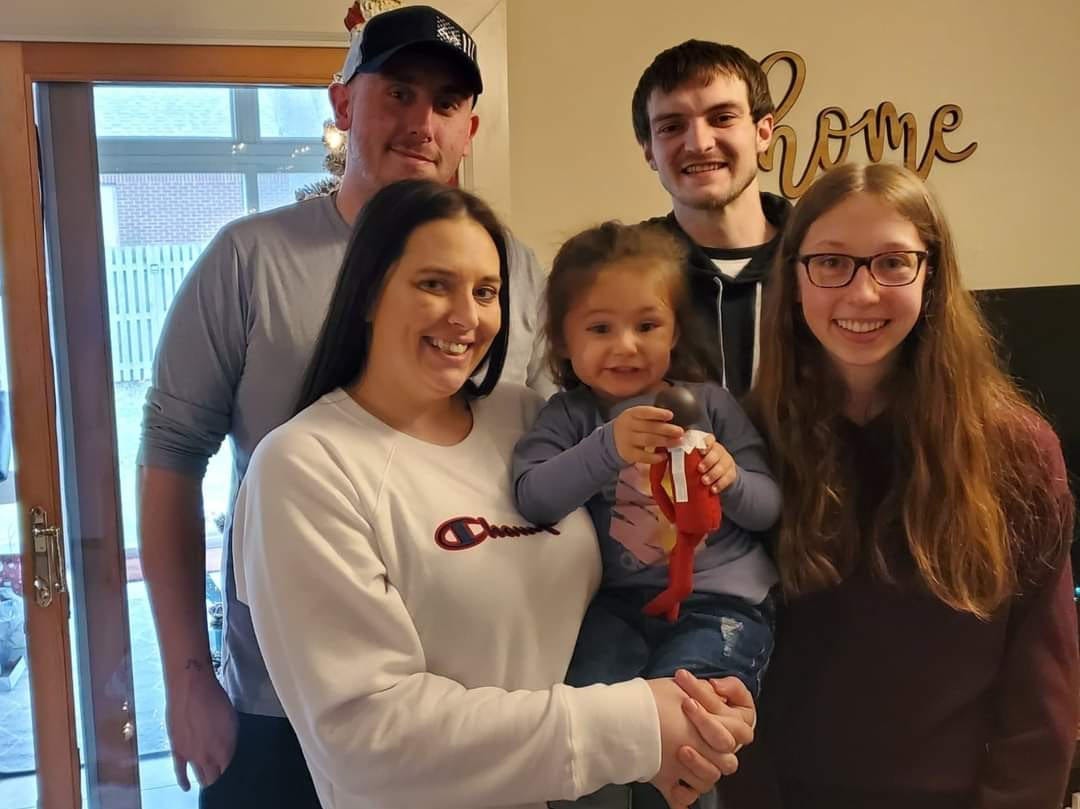
Courtesy of Sarah Boyer
Bryant was far from the only young American to die of COVID-19 in the last year.
A December study published in the Journal of the American Medical Association found almost 40% of excess deaths among Americans between 25 to 44 years old from March to July were due to COVID-19. Almost 12,000 more people in that age group died during those five months than would be expected based on historical data. Of those, 4,535 deaths were directly caused by COVID-19.
In the last few months alone, six children in Northridge, California lost their 30-year-old mother to COVID-19. A 33-year-old Detroit mother died days after giving birth to a son she never got to hold. A 28-year-old father of two died after 84 days in the hospital. A husband lost his 34-year-old wife after she caught the coronavirus giving birth to their daughter in a hospital.
Most of these young adults did not have preexisting conditions like Bryant did. Increasingly, it has become clear that being young does not mean you're safe from the virus' worst effects.
'It took him down'
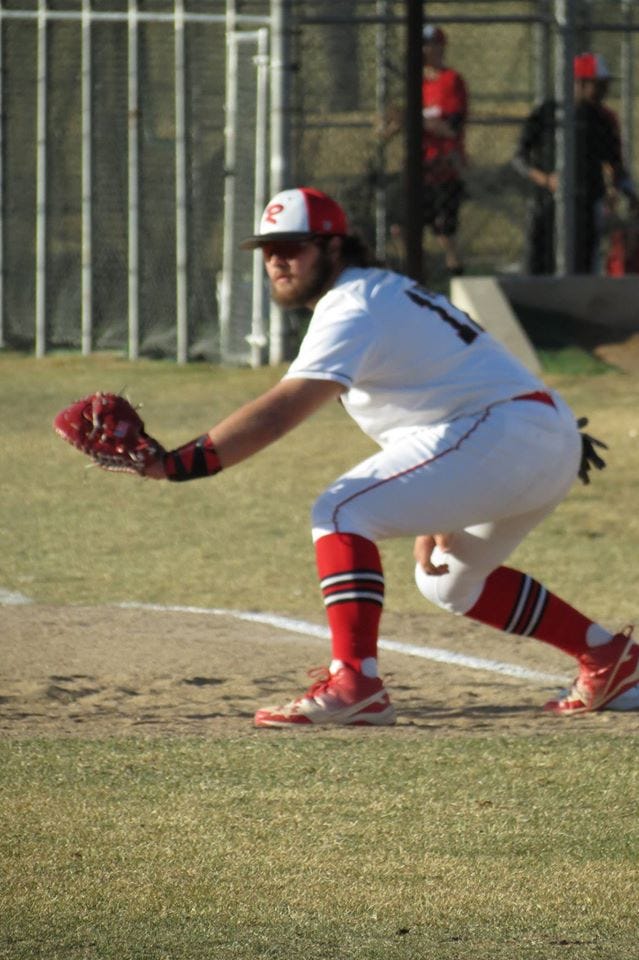
Courtesy of Lea Ann Lyster
Kevin Lyster works as a police officer at the University of Colorado Anschutz Medical Campus. When he tested positive for COVID-19, his son, Cody, was home from Colorado Mesa University for spring break. Kevin isolated in their home in Aurora, but soon after, Cody developed a cough and a 104-degree fever.
Cody was taken to the hospital on March 30. It was the last time his parents and sister saw him alive in person.
"He was a perfectly healthy, 21-year-old college athlete who did all the things he should to stay healthy and it took him down," Kevin said.
Cody, who played baseball, died in the ICU on a ventilator on April 8. His parents communicated with their son for the last time via a Facebook Live stream held up to Lyster's hospital bed by a nurse.
"We could see Cody and told him we were thinking about him," his father said. "And little did we know, within a matter of hours, he would pass."
Cody was in a medically induced coma at that point.
"They say he couldn't hear us," Kevin said, but he added, "I tend to disagree, I think he heard everything we said."
Young Americans are dying at above-average rates
The chance that someone 65 or older will die from the coronavirus is 90 times higher than someone between the ages of 20 and 29, according to the CDC. From May to August, 78% of coronavirus deaths in the US were people ages 65 or older.
But that narrative, which has become almost common knowledge, hides another truth: that COVID-19 has hospitalized and killed unprecedented numbers of young Americans.
"My son is a testament to that," Kevin Lyster said.
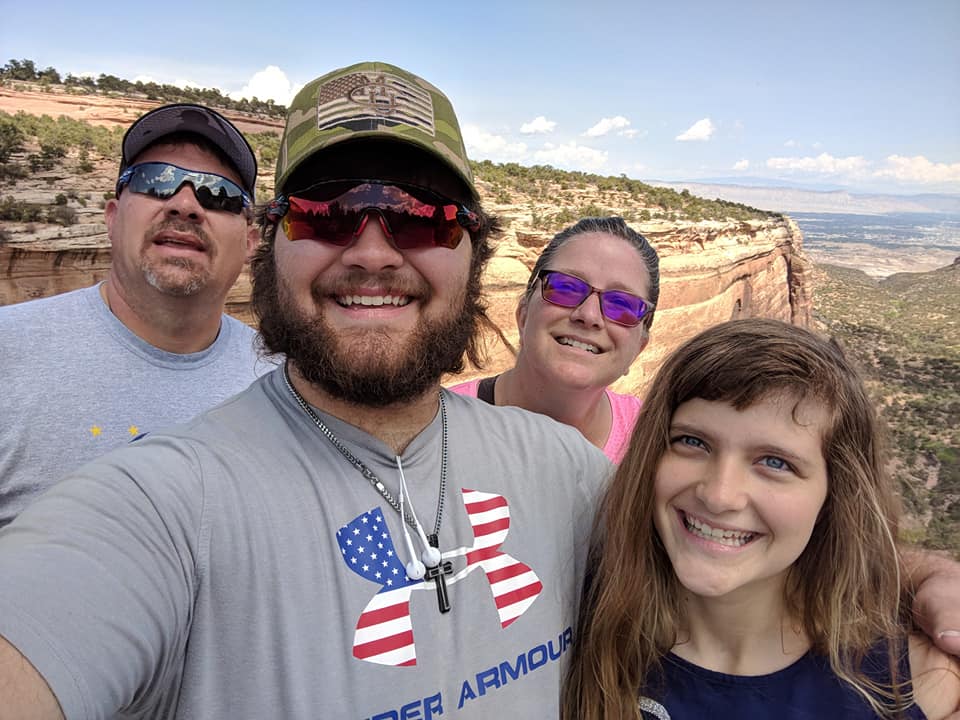
Courtesy of Lea Ann Lyster
A September study found that from April through June alone, more than 3,300 Americans between 18 and 34 years old were hospitalized with COVID-19, and 21% required intensive care. About 3% died.
Jeremy Faust, the lead author of the December study and a physician at Brigham and Women's Hospital, found that in July alone - a particularly deadly month for the 25-44 age group - more than 16,000 people in that demographic died. That's about 5,000 more people than the July average over the last two decades. Weekly death rates were almost 50% higher than the average from the five Julys prior.
Overall in 2020, according to Faust, historical data suggested that about 154,000 Americans aged 25 to 44 would die. But the numbers his team calculated showed the death toll exceeded 165,000 by early December. And that didn't even include the last few weeks of the year.
Once those additional deadly weeks are factored in, Faust estimated, "170,000 is a low ball estimate, and 175,000 seems a very reasonable number."
A majority of those young adults who died were people of color, he said.
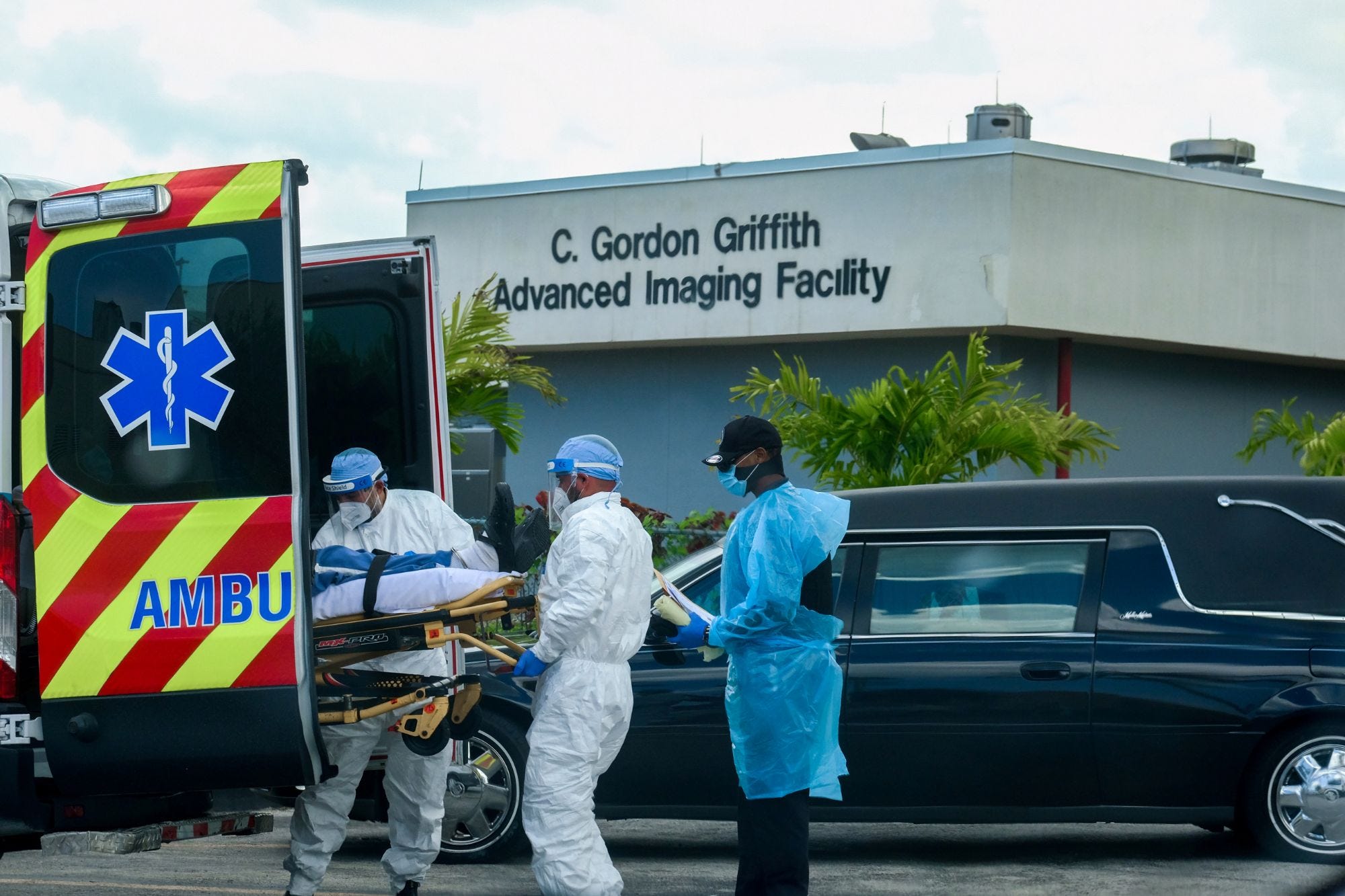
Maria Alejandra Cardona/File Photo via Reuters
A comparison of weekly deaths throughout 2020 reveals the stark increase as well. Last year, between 2,500 and 2,900 people in the young-adult age group typically died per week.
"This year, we haven't seen a weekly average number below 3,000 since March 14. That's nuts," Faust said.
"An increase in deaths usually doesn't trickle down to the younger, healthier population," he added. "It's extremely unusual for this to happen."
Faust's data undermines the prevailing wisdom that COVID-19 is relatively harmless for younger people.
"We're not upending that message, but amending it," he said. Faust thinks young people need to be told they're at risk too, and frontline essential workers need to be better protected.
Bryant Boyer-Killion died during the deadliest month of the pandemic so far
December was the deadliest month of the pandemic to date. More than 65,000 people in the US died last month from COVID-19. The US saw a spike in hospitalizations and cases,driven in part by Thanksgiving and Christmas. Hospitalizations jumped from nearly 99,000 to more than 125,000 between December 1 and 31 - a 27% increase. Six million Americans got sick during that time.
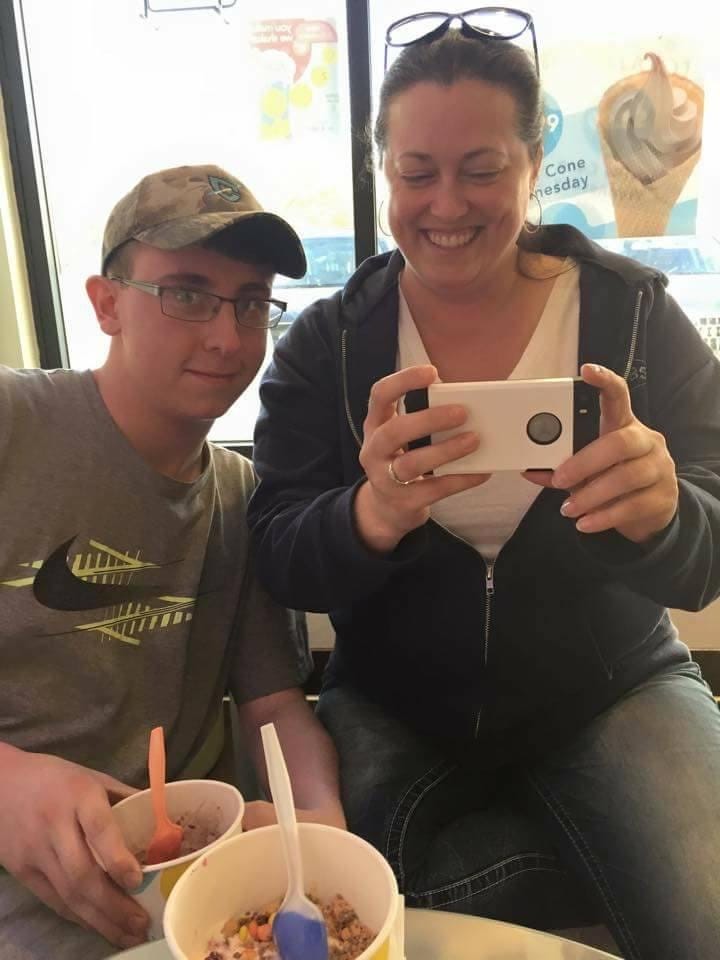
Courtesy of Sarah Boyer.
Bryant Boyer-Killion's aunt said it's been frustrating to see so many Americans continue to travel and gather as the pandemic worsened.
"It's hard to see people who don't seem to give a sh*t, you know, while you're grieving," Boyer said.
Bryant worked as a security guard at Carle Foundation Hospital, where he was born. That put him early in the vaccine line: He was slated to get the first shot on December 22, the day after he died.
"You may not care if you get it, but you may give it to somebody else who can't fight it off. And my son is an example of that," Anna Boyer-Killion said.
Anna thinks Bryant caught the coronavirus at work, and wishes the hospital tested employees more regularly. Her son knew his job had risks, she said, but "he always stood tall and tried to show me that he had no fear."
Bryant cared so much about his job that he spent his 21st birthday in April working a 12-hour shift. Anna said he always stepped up like that: After Bryant's father, John Killion, had a workplace accident in 2015, Bryant started helping care for his little sister, Riley.
A tattoo on his arm read, "my sister's protector."
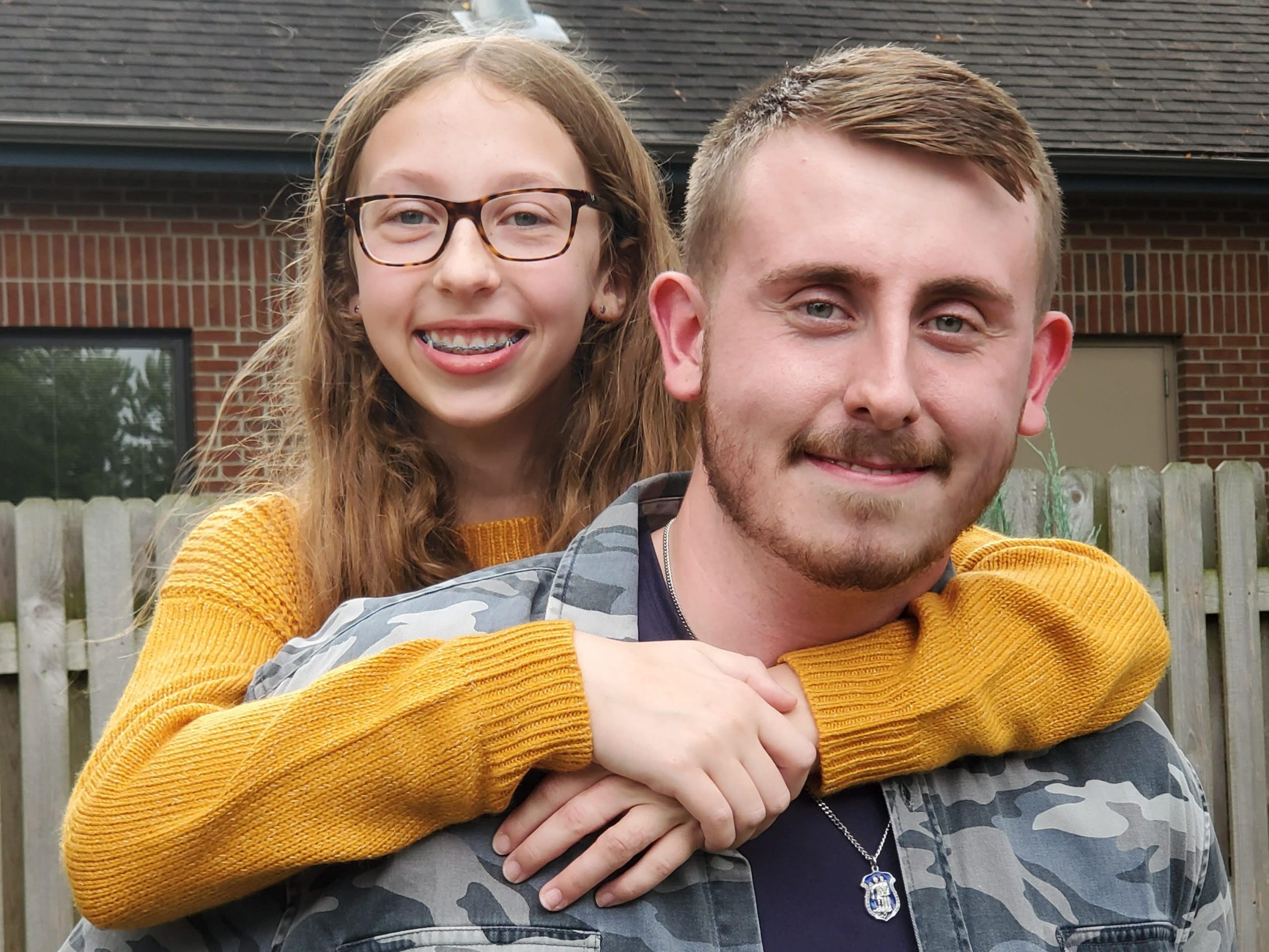
Courtesy of Sarah Boyer
Bryant's family buried him the day after Christmas.
For days after his death, Anna said, she tried not to close her eyes because she'd see him dying in her arms.
"He was my everything," she said.
The coronavirus is the leading cause of death in the US
Since November 1, the coronavirus has become the leading cause of death in the US, overtaking heart disease and cancer, according to a recent analysis. More than 4,000 Americans died from COVID-19 on Thursday - yet another record.
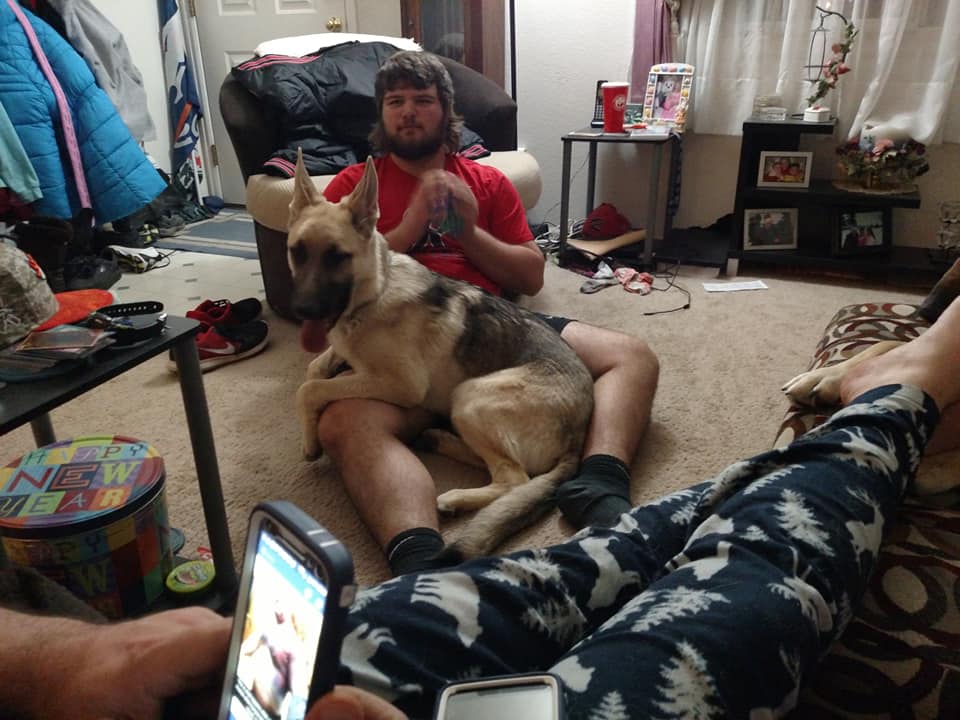
Courtesy of Lea Ann Lyster
But Kevin Lyster said he isn't sure his son's friends get that they're not invincible. Last month, he said, he heard that one of Cody's friends wanted to throw a New Year's Eve party.
"I'm like, 'didn't you get anything out of this?'"Kevin said.
About 366,000 people have died in the US since the beginning of the pandemic, though that's almost certainly an undercount. One projection estimates that the virus could kill more than 200,000 more people in the US by April 1.
More than nine months after Cody's death, his parents and younger sister, Sierra, are still struggling with his absence.
"He made this house alive," Kevin said.
Cody helped coach Sierra's youth softball team, and he spent his Sundays in college walking dogs at the Roice-Hurst Humane Society.
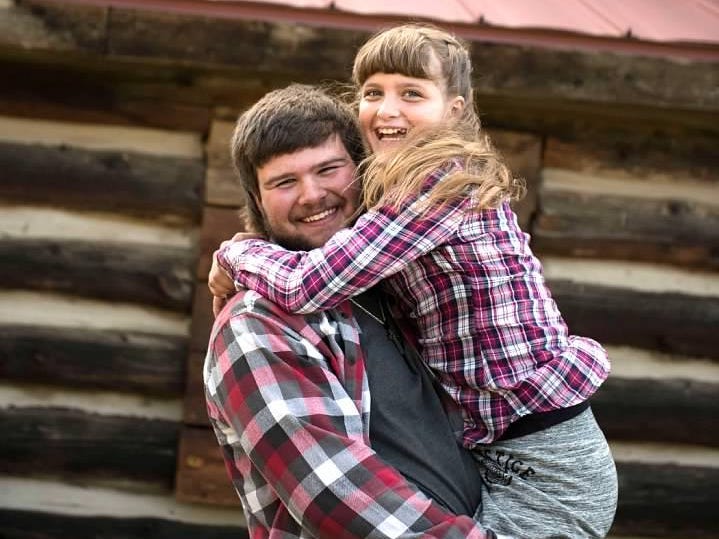
Courtesy of Lea Ann Lyster
"We didn't even know he did that until we got a condolence card from Roice-Hurst," Kevin said, adding, "he was out there trying to make the world a better place for no recognition whatsoever."
The holidays intensified the Lysters' grief.
Cody was a stickler for Christmas traditions - he and Sierra always exchanged the family's first gifts on Christmas Eve, his mother Lea Ann said. Cody had a knack for guessing what his presents were, she added, so the family would go to extreme measures to keep Cody on his toes, designing scavenger hunts and switching gift labels.
"He put the magic in Christmas," Lea Ann said, adding, "don't take the time you have with your loved ones for granted."
She and Kevin made sure Sierra still had a gift from Cody under the tree this year.
